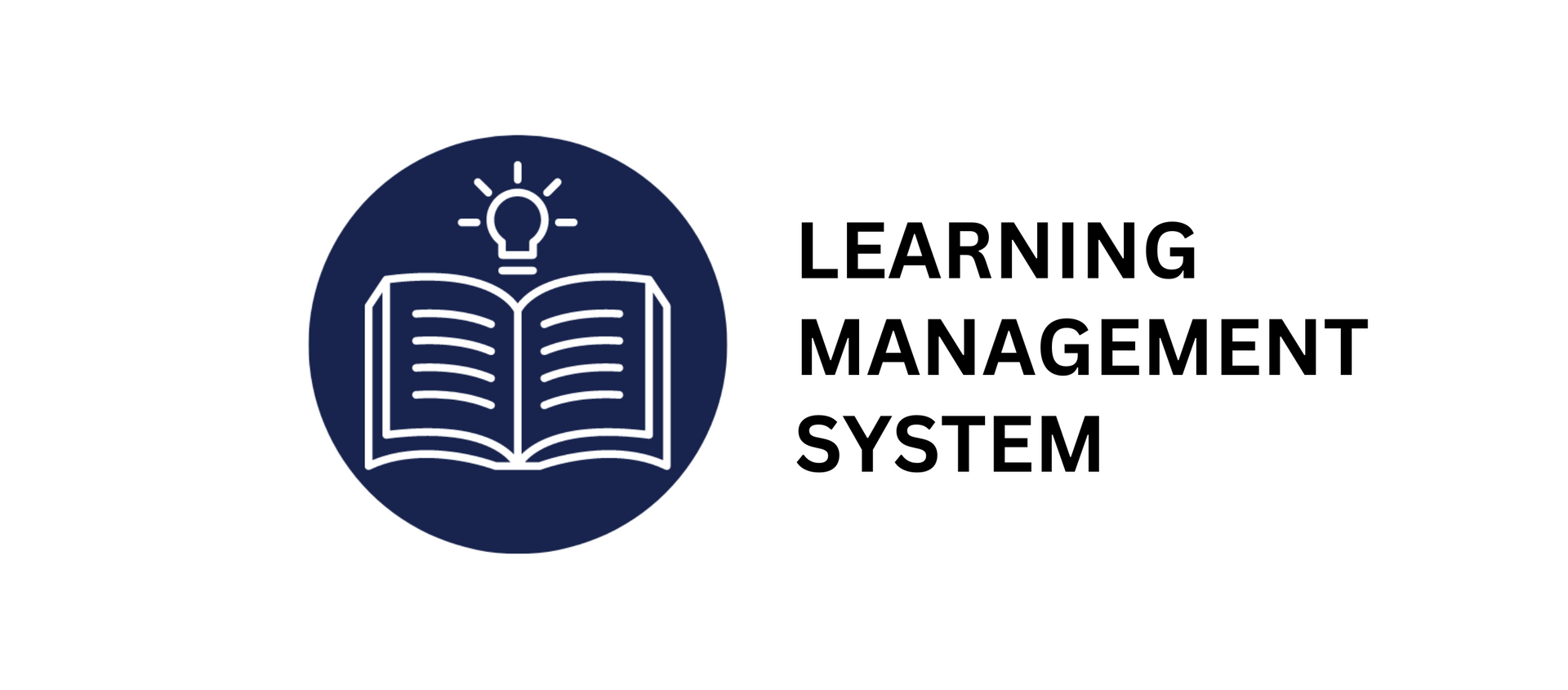Singapore LMS Solutions: Best Systems for E-learning and Company Training
Singapore LMS Solutions: Best Systems for E-learning and Company Training
Blog Article
Maximize Understanding Efficiency With a Powerful Learning Administration System
In today's fast-paced academic landscape, the significance of a robust Knowing Administration System (LMS) can not be overemphasized. The true possibility of an LMS expands beyond these attributes; it additionally opens up the door to innovative understanding approaches that can redefine how we approach education in the future.
Understanding Learning Management Systems
Knowing Administration Solution (LMS) are progressively used in corporate and instructional settings to simplify the shipment of material and track learner progress. These systems act as centralized databases for academic resources, permitting trainers and trainers to develop, manage, and distribute numerous types of discovering materials, consisting of analyses, quizzes, and videos. By leveraging modern technology, LMSs promote a much more reliable learning experience, suiting diverse understanding designs and schedules.
The rise of LMSs can be credited to the expanding demand for scalable and adaptable discovering solutions. Organizations and schools encounter consistent demands to improve training efficiency while managing time and resource restraints. LMSs deal with these obstacles by making it possible for asynchronous discovering, where learners can access web content at their ease, therefore advertising self-paced education and learning.
Additionally, LMSs give important analytics and reporting capacities, allowing instructors and managers to keep track of student interaction and performance. This data-driven method sustains continual improvement in training approaches and content shipment. On the whole, understanding the duty of LMSs in modern-day education and learning and training is vital for stakeholders aiming to improve finding out outcomes and foster a culture of continuous development.

Key Functions of an Effective LMS
An efficient Learning Management System (LMS) have to incorporate a range of essential functions to fulfill the diverse needs of students and teachers alike. Easy to use navigating is vital, making it possible for customers to conveniently access training courses, sources, and assistance. Additionally, adjustable dashboards allow both trainers and learners to tailor their experience, enhancing engagement and usability.
Another crucial feature is robust assessment and reporting capabilities, enabling instructors to track student progression, efficiency metrics, and conclusion rates. This data-driven method facilitates informed decision-making concerning instructional strategies. Additionally, an effective LMS should support different material layouts, including videos, tests, and interactive components, dealing with different learning designs.
Integration with third-party devices and platforms is additionally essential, enabling smooth connectivity with various other academic technologies and sources. Furthermore, mobile ease of access ensures that learners can involve with content anytime, anywhere, advertising versatility and convenience.
Last but not least, efficient communication devices, such as conversation forums and messaging systems, foster collaboration and communication amongst learners and teachers (LMS SG). By integrating these vital functions, an LMS can significantly improve the understanding experience, inevitably resulting in enhanced instructional outcomes
Benefits of Making Use Of an LMS
The implementation of an Understanding Management System (LMS) uses countless advantages that can substantially enhance the academic experience for both students and instructors. One of the main advantages is the capacity to supply content in a organized and centralized way, enabling simple accessibility for students anytime and anywhere. This flexibility accommodates diverse knowing styles and speeds, promoting an extra individualized educational trip.
In Addition, an LMS facilitates streamlined communication in between pupils and teachers, boosting interaction with conversation forums, messaging, and responses systems. The capacity to track development and efficiency allows educators to make data-driven choices, ensuring that finding out purposes are fulfilled successfully.
Furthermore, the combination of multimedia resources, such as videos and interactive tests, enhances the discovering experience, dealing with various preferences and boosting retention. LMS Singapore. Cost-effectiveness is an additional considerable advantage, as an LMS decreases the demand for physical materials and reduces traveling expenses connected with traditional training
Executing an LMS Successfully
Successful implementation of a Discovering Administration System (LMS) pivots on careful planning and execution, ensuring that both students and teachers are geared up to optimize its benefits. The first step entails evaluating the specific needs of the establishment, including comprehending the goals, target market, and preferred outcomes. This assessment must guide the option of an LMS that aligns with these purposes.

Furthermore, integrating the LMS with existing systems, such as trainee details systems or content databases, cultivates a seamless customer experience. Normal evaluation and comments collection from customers can help determine locations for renovation and enhance general satisfaction.
Future Patterns in Learning Management
As academic landscapes advance, the future of Knowing Monitoring Systems (LMS) is poised to welcome innovative modern technologies and pedagogical strategies. Among the most considerable trends is the assimilation of expert system (AI) and equipment understanding, which will personalize the knowing experience by examining specific learner information to advise customized resources and knowing pathways. This customization improves engagement and retention.
Additionally, the rise of microlearning-- short, concentrated sectors of understanding-- will certainly be promoted by LMS systems, aligning with the fast-paced nature of modern life. Mobile-first layouts will even more enhance ease of access, enabling Singapore LMS learners to engage with material anytime and anywhere.
An additional vital fad is the unification of immersive modern technologies like digital truth (VR) and enhanced reality (AR), which will certainly give experiential understanding chances that were previously unattainable. These technologies can simulate real-world scenarios, cultivating much deeper understanding and ability acquisition.
Conclusion
In verdict, an effective Knowing Monitoring System (LMS) offers as an important device for enhancing educational experiences. By systematizing sources, accommodating diverse learning styles, and integrating assessment tools, an LMS promotes self-paced learning and development tracking.
By leveraging technology, LMSs promote a more efficient knowing experience, accommodating diverse learning designs and timetables.
A reliable Understanding Administration System (LMS) need to integrate a variety of essential functions to satisfy the varied requirements of learners and educators alike.The application of a Knowing Management System (LMS) offers numerous benefits that can substantially improve the educational experience for both instructors and students. One of the most considerable trends is the integration of fabricated intelligence (AI) and machine understanding, which will personalize the understanding experience by assessing private learner information to suggest tailored resources and learning pathways. By centralizing resources, accommodating diverse understanding styles, and integrating analysis tools, an LMS advertises self-paced discovering and progress monitoring.
Report this page